Preparing
First, you have to start with the essentials. Do a check list to make sure you have everything you need to film on your trip. This will be a check list of things you need while you're filming on your trip, such as; a camera, batteries, tripod/monopod, lights, sound recorder, headphones, laptop and hard drive. Then you might want to include practical travel items, such as sleeping bags, extra clothes, map, money and so on.
By remembering to do this you're preparing yourself well for anything situation - and making sure that you don't get caught out. Remember when you're in a unknown environment anything can happen and you need to be ready to capture a special moment or have a spare battery at the ready.
For equipment I'd recommend bringing the following essentials:
- It's good to carry an extra, light-weight camera that would fit in a bag or backpack. DSLRs are good to use for travelling, as most of them record HD videos and the dynamic range is pretty decent so you'll end up with good image quality as well as some amazing photos. DSLRs are pretty easy to use and it saves you the hassle of carrying more bags and equipment with you.
- Tripods are essential when filming. Sometimes you can't rely on your hands to capture a steady establishing shot. A tripod really helps when it comes to capturing smooth still shots and avoids the problem of shaky hands. But tripods can sometimes be a hassle. Carrying it around, setting it up, adjusting it can all become irritating if you're travelling around. I found that monopods are good alternatives for tripods. Your one legged friend will do everything a tripod does without the hassle of setting it up. There are also strong light-weight tripods which can hybrid into a monopod for different situations.
- Lighting is a major aspect to film. Not only for shooting in dark places and at night, but to create mood and effect for your shot. Lighting can tell a thousand stories by the way it's positioned. For travelling I found carrying small led panel lights which fit on top of DSLR's are good when it comes to travelling, most use AA or DSLR batteries so they're easy to manage with and they aren't heavy at all.
- Unless you're planning on putting music over all your clips, sound is very important. In my experience as a film maker I've found that sound is the most important aspect to a video or film. If you're getting interviews, recording voices or capturing sound from the environment it's essential to make sure you come out with good quality. A small voice/sound recorder is good to have around when you're traveling, you can go as far as bringing a microphone with you to plug into the recorder for better quality. I'd also recommend bringing a video mic that can go on top of the camera and plug straight into it.
- To finalise, it goes without saying you need a backpack. The reason why I say this is because people may end up carrying things in many different bags which takes a while to set up and carry around and it can be a pain, but if you carry a large enough backpack which is comfortable to wear and can hold everything you need to use to film with than you'll be saving yourself a lot of pain and worry.
Narrative
It's important to know what you're filming and what you want to show people at the end. You may already know, or you may find out on your journey, but make sure it's clear and has an interesting narrative. For example you may go on a road trip and end up making a short film about a serial killer in the woods or do a sports based film on the beach or in the mountains. It's good to have some idea of the framework that you are creating, so that you can match your shooting.
However, it is also good to let the environment and people around you inspire you. The same goes with the cinematography, the best advice I can give would be see with your eyes first then capture with the camera. It's possible to tell a story with good imagery so be creative.
When it comes to the editing you're going to want to put something together people will remember. This is also why it is good to have this idea (however relaxed) that you can keep going back to. It might just be an overall theme even.
There'll be a lot of cinematic and artistic shots, and you can be as creative and arty as you want. Often when you're travelling the natural view is so incredible that you easily find inspiration from your surroundings.

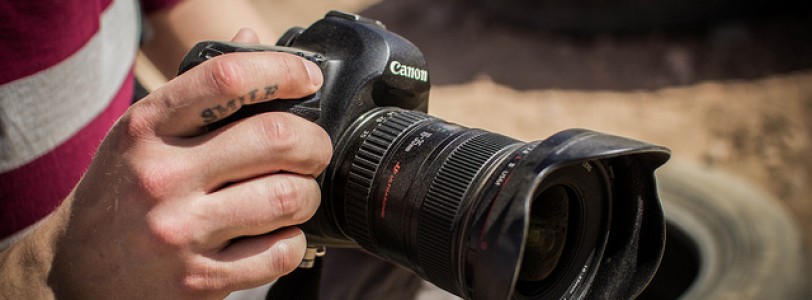
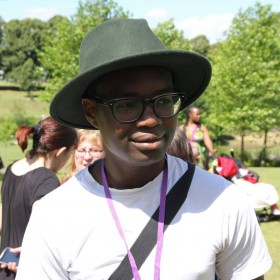

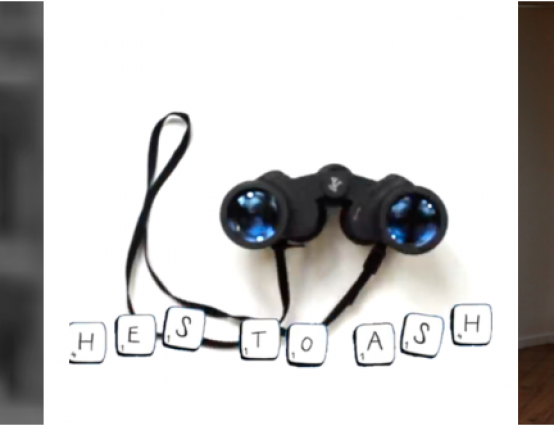
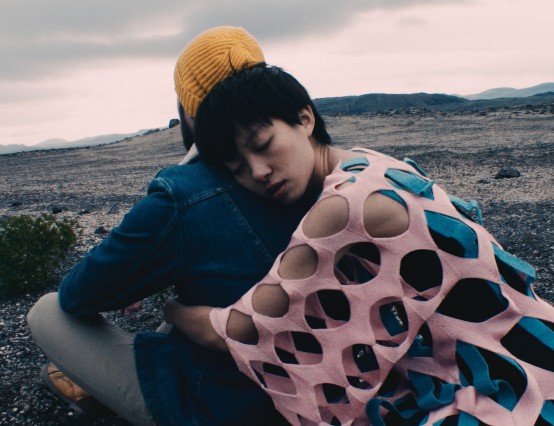


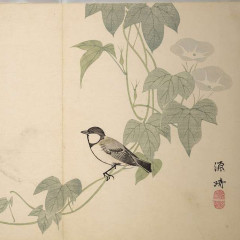
0 Comments